There are specific nutrients in certain foods that increase the metabolism of the body. Metabolism is the rate at which calories are burned in the body.
People may be able to dispel excess weight and decrease their risk of obesity along with related health problems by increasing their metabolic rate.
Read on to discover 10 of the best foods that increase metabolism, along with some other ways to enhance metabolic function.
Egg

Protein-rich foods are one of the best metabolism-boosting options. Eggs are abundant in protein with each large, hard-boiled egg containing 6.29 grams, making it the perfect choice for individuals who would like to speed up their metabolism.
Protein is among the most effective metabolic rate-increasing nutrients because the body needs to use additional energy than it does for fats or carbs to digest it. Scientists call this consumption of energy the thermal effect of food (TEF) or thermogenesis induced by diet (DIT).
Individuals who ingested 29 per cent of their daily calories as protein had a higher metabolic rate than those who consumed 11 per cent of the total protein calories, according to some research.
Flaxseeds
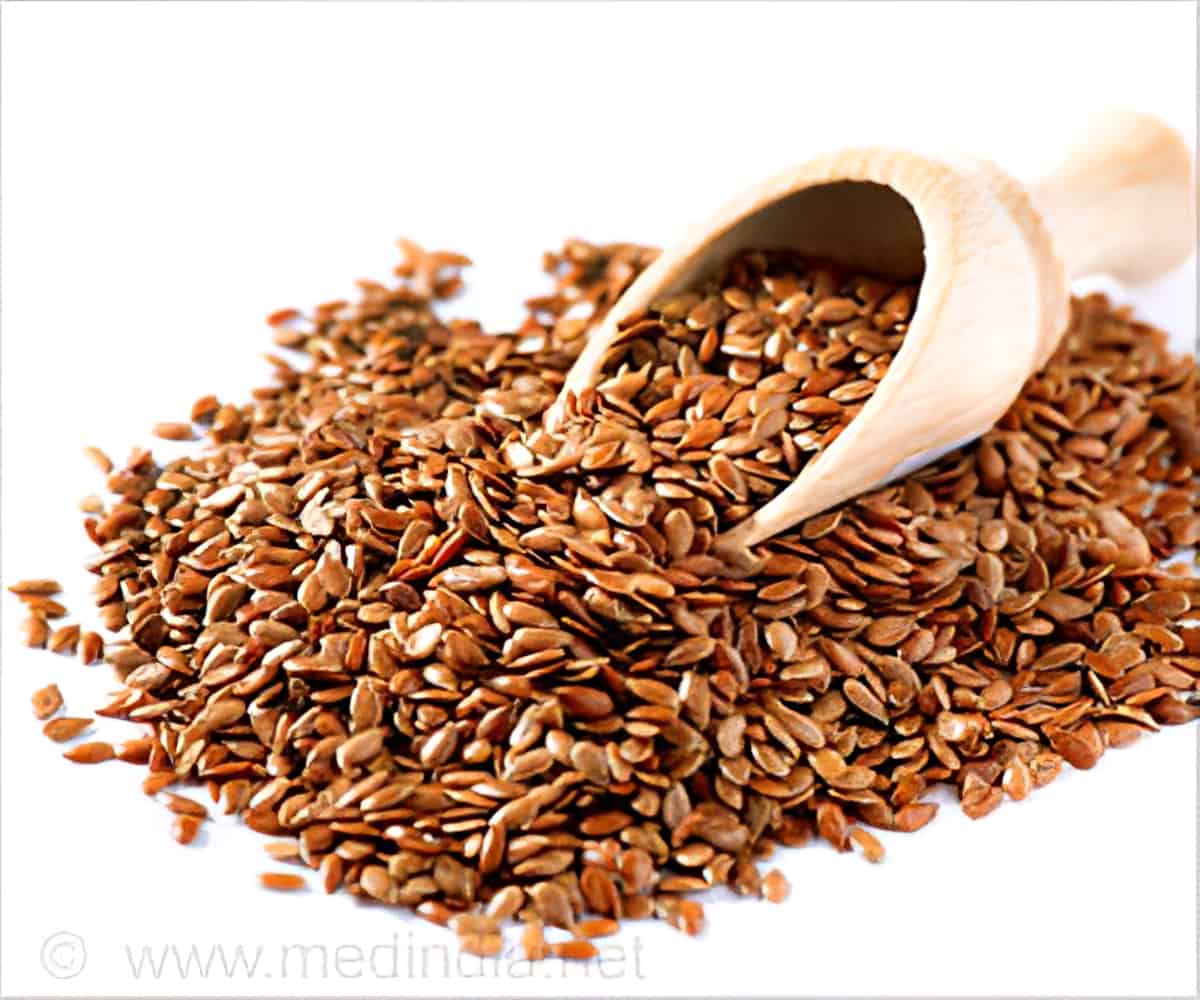
Seeds containing protein, vitamins, and other essential nutrients are flaxseeds. Flaxseeds are considered a functional food by some individuals, which suggest that individuals eat them for their nutritional benefits.
Consuming flaxseeds could help increase metabolism and enhance metabolic syndrome. This is a group of conditions that lead to diabetes, obesity, and cardiovascular disease.
The National Center currently sponsors study on the function of flaxseeds for metabolic syndrome for Complementary and Integrative Health (NCCIH).
A 2019 research on mice demonstrates that flaxseeds may strengthen metabolism. This is probably because along with essential omega-3 fats, antioxidants, and other vital minerals, they contain multiple levels of fibre and protein.
In the intestine, the fibres in flaxseeds ferment to boost the bacterial profile of the gut. This process supports metabolic health, and it can safeguard against obesity.
Studies indicate that flaxseeds and their nutrients can also help to treat or safeguard against:
- Arthritis
- Autoimmune infections
- Cancer
- Cardiovascular disease
- Diabetes
- Neurological disorders
- Osteoporosis
Chilli peppers

Spicy meals that contain chilli peppers (fresh or dried) will improve the metabolism and make you feel full. A substance in peppers, called capsaicin, is responsible for these nutritional benefits and more. A 2015 study notes that consuming capsaicin increases metabolic rate modestly.
The study also indicates that the compound can contribute to weight loss in many other ways by boosting the speed at which the body burns fat and suppressing appetite.
This focuses on current research, released in 2012, which shows that capsaicin helps the body burn about 50 extra calories every day.
Capsaicin may also minimize pain and swelling, serve as an anticancer agent, and provide the benefits of antioxidants. As a result, some experts claim the compound could help treat rheumatoid arthritis and Alzheimer’s disease.
Lentils
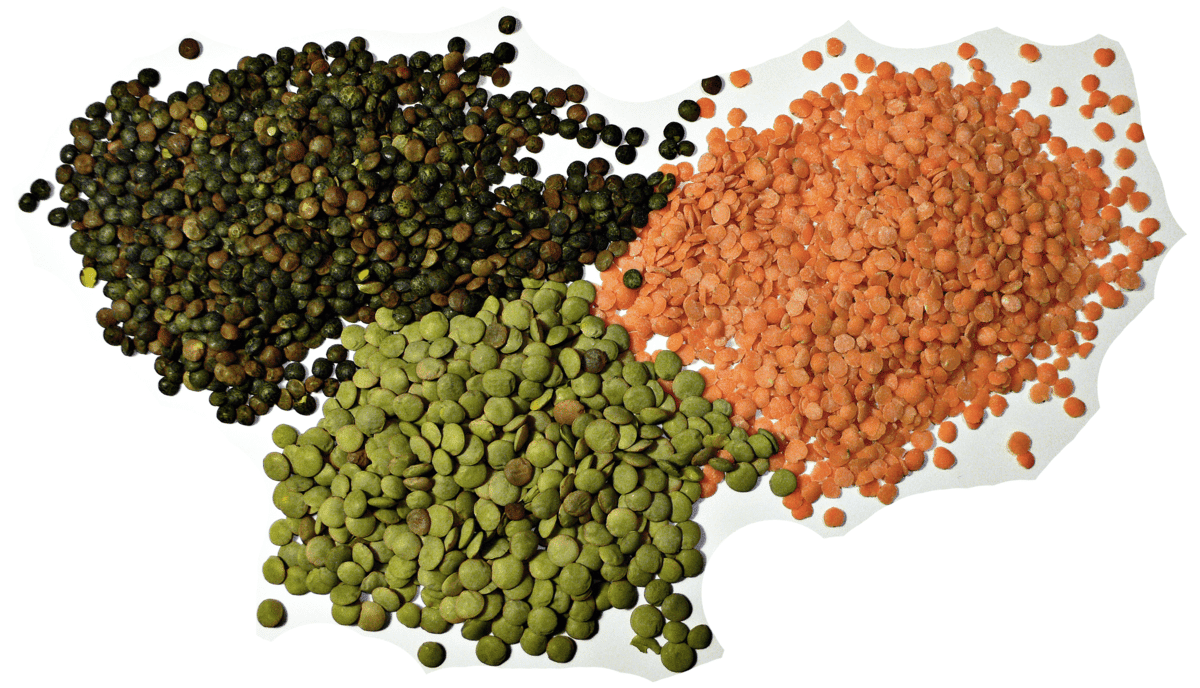
Lentils are another healthy diet that can decrease the symptoms of metabolic syndrome. A 2016 survey of 41 animal studies suggest that consuming lentils and other legumes, like beans and peas, can play a major role in the prevention and treatment of the metabolic syndrome.
Lentils can also improve metabolism since they are rich in protein. They often produce adequate quantities of fibre in the gut to sustain beneficial bacteria.
Ginger
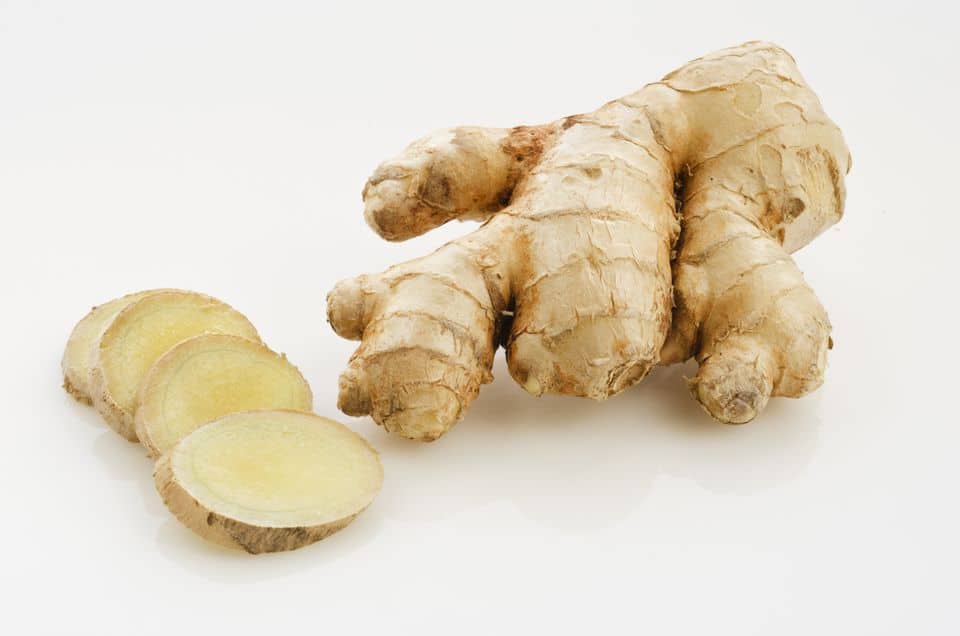
Introducing ginger to meals could improve body temperature and metabolic rate and help regulate appetite.
A 2018 review of studies examined the impact of ginger on weight loss and metabolic patterns in individuals who were overweight.
It was observed that while increasing high-density lipoprotein (HDL) or “good cholesterol, the spice can help lose weight and increase glucose levels. Ginger also has anti-inflammatory qualities, and it can help alleviate nausea during pregnancy and treatment with chemotherapy.
Green tea

In recent years, green tea has gained plenty of publicity as researchers have shed some light on its possible health benefits. A few studies indicate that green tea extract (GTE) can improve fat metabolism both at rest and during exercise.
Nonetheless, other studies show no significant results. In addition, scientists are unable to confirm that drinking green tea would have the same effects as taking GTE.
A 2013 small-scale research involving 63 individuals with type 2 diabetes indicates that drinking 4 cups of green tea every day can reduce body weight, body mass index (BMI), waist circumference, and systolic blood pressure substantially.
Other potential benefits of green tea for health include:
- Anti-inflammatory effects
- Antioxidant qualities
- Antimicrobials activity
- Anticancer effect
- Heart and oral health advantages
Coffee

Coffee can stimulate metabolic processes thanks to its caffeine levels Research suggests that the caffeine intake has a calming effect on the energy expenditure and can result in increased metabolism.
Nonetheless, it is crucial to be aware of the total consumption. Decaffeinated coffee doesn’t have the same benefit-boosting metabolism. Introducing cream or sugar will also raise the calorie content, which can act against the beneficial metabolic effects of caffeine.
Brazil nuts
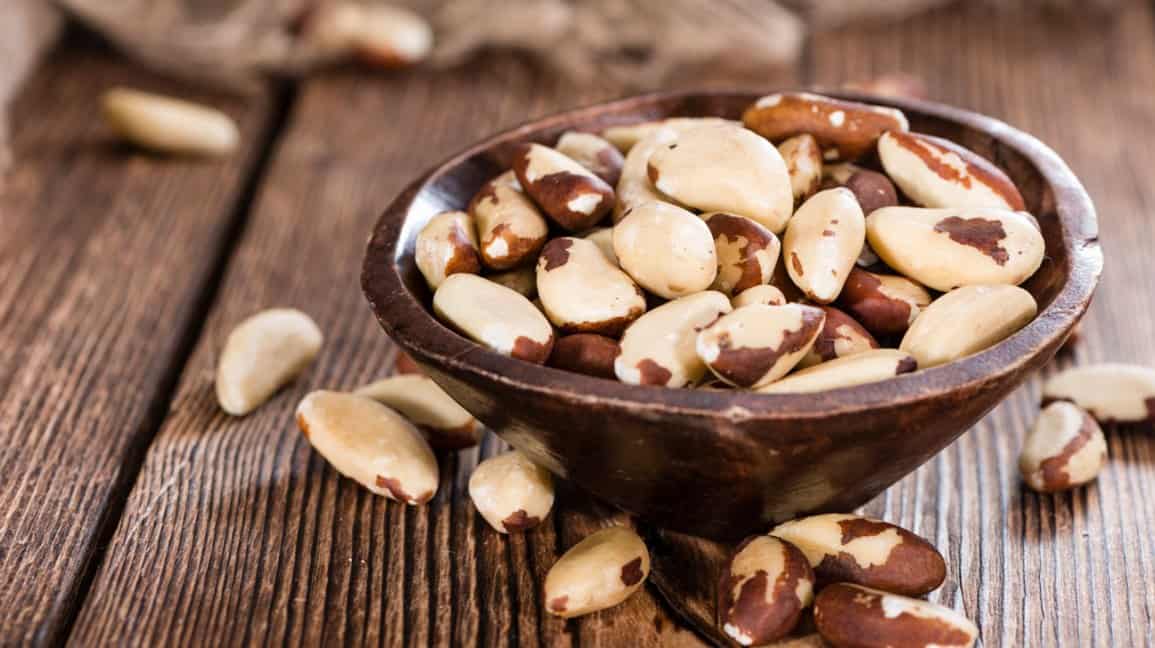
Brazil nuts are amongst the major sources of selenium, a mineral important for metabolism, reproduction and immune function.
They also contain protein, and healthy fats to make individuals feel full. Selenium is particularly essential for the thyroid gland, a gland that controls metabolic function and releases several vital hormones.
Following the National Institutes of Health (NIH), every Brazilian nut supplies 68 – 91 micrograms (mcg) of selenium.
This is more than the recommended amount (RDA) of 55 mcg a day. Nevertheless, people should avoid consuming too many nuts, as toxic selenium effects can be caused.
The NIH placed the upper limit for the consumption of selenium at 400 mcg. Research also shows that Brazil nuts can increase cholesterol levels in healthy individuals.
A marker for metabolic syndrome is increased levels of cholesterol.
Broccoli
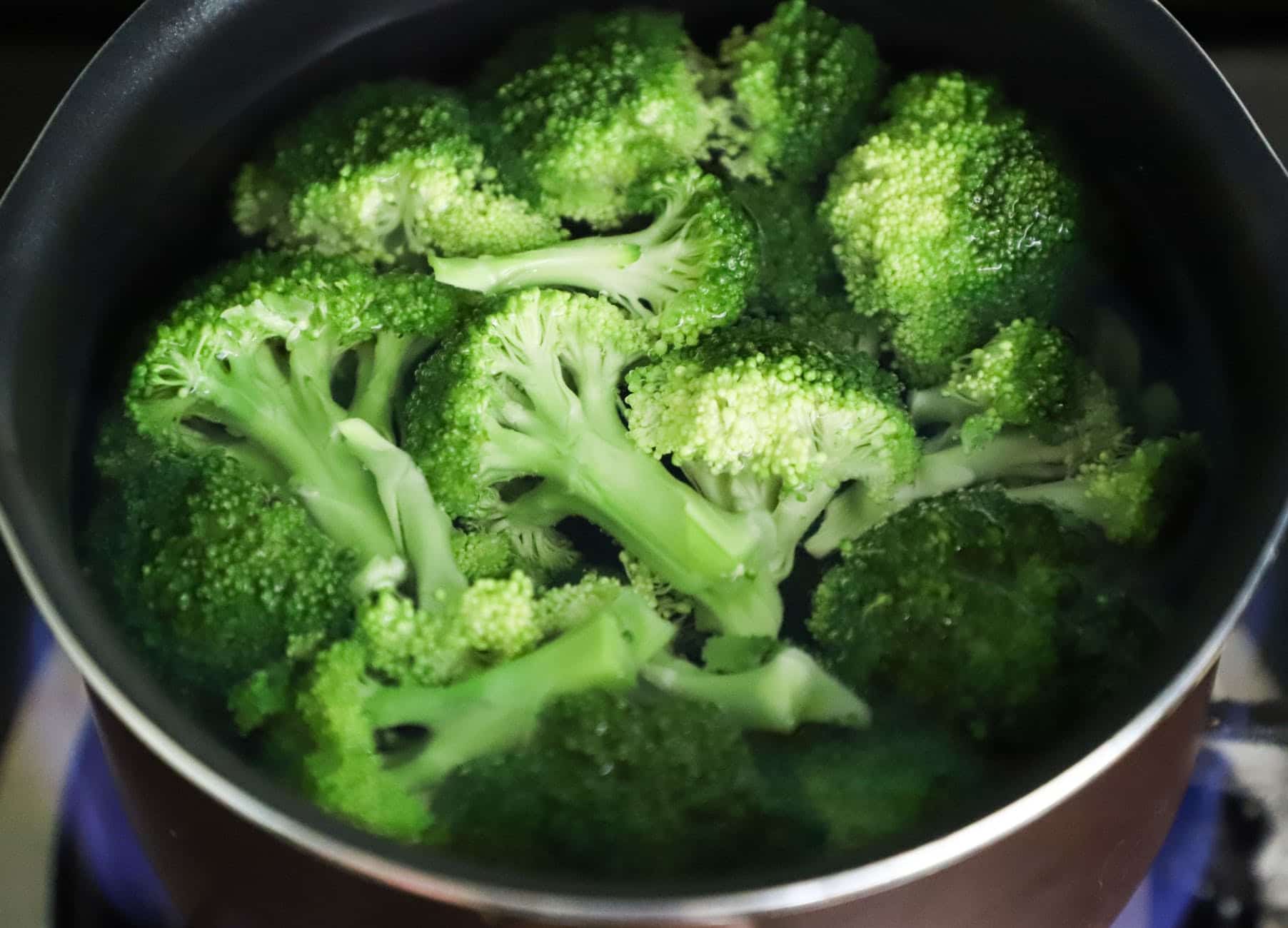
Broccoli can be beneficial for metabolism as it contains a compound known as glucoraphanin. Glucoraphanin helps to “tune-up” metabolism, reduce the amount of blood fat and lower the risk of several age-related ailments.
Broccoli and other cruciferous vegetables can also prevent or slow down a few types of cancer.
For more important metabolic-enhancing impact go for Beneforte broccoli, which contains a high amount of glucoraphanin.
Kale, spinach, and other leafy green vegetables will improve your metabolism due to their iron content. Iron is essential for metabolism, growth and development.
Leafy greens are an excellent source of non-heme or non-animal iron. Try mixing leafy greens with a source of vitamin C, like lemon, tomatoes, or winter squash to improve the body’s absorption of iron.
Several leafy greens also have adequate quantities of magnesium, another mineral that promotes metabolic activity and takes part in over 300 processes in the body.
Other tips for enhancing metabolism
Consuming a balanced diet is important for the control of metabolism. Other ways to improve metabolic activity are:
Drinking water

According to one small-scale report, drinking an additional 1,500 millilitres (ml) of water daily will minimize body weight and BMI in some individuals who are overweight.
Participants consumed 500 ml prior to each meal. The researchers say that this is as a result of thermogenesis that is caused by water — a process where water enhances metabolism.
Sleeping

Getting adequate sleep is important for metabolism and overall health. Research indicates that lack of sleep may lead to the trend of rising obesity and diabetes, which are the symptoms of metabolic syndrome.
According to the CDC, adults should try to sleep for 7 – 9 hours each night. Try sleeping and waking up at the exact time each day to boost sleep habits.
Strength and resistance training
Regularly lifting weights allows individuals to develop and maintain muscle mass and to burn fat. The Americans’ Physical Activity Guidelines suggest that adults should conduct strengthening activities every week for two or more days.
A 2018 research on sedentary women showed that the overall basal metabolic rate (BMR) was improved by resistance exercise for up to 48 hours. The number of calories that the body uses while resting is referred to by BMR.
Many foods can increase metabolism and help people reach or maintain a healthy weight, especially green vegetables, chilli peppers, and protein sources. Introduce these foods into your diet for optimal performance.
Other health and wellness changes that improve metabolic health include consuming enough water, getting proper sleep, and workout activities.









